Researching Granite and Radon
jpronan
11 years ago
Featured Answer
Sort by:Oldest
Comments (12)
lcm_maine
11 years agokellyp123
11 years agoRelated Professionals
North Versailles Kitchen & Bathroom Designers · Springfield Kitchen & Bathroom Designers · Yorba Linda Kitchen & Bathroom Designers · Bensenville Kitchen & Bathroom Designers · Pinellas Park Kitchen & Bathroom Remodelers · Pueblo Kitchen & Bathroom Remodelers · Santa Fe Kitchen & Bathroom Remodelers · South Barrington Kitchen & Bathroom Remodelers · Spokane Kitchen & Bathroom Remodelers · Cave Spring Kitchen & Bathroom Remodelers · Berkeley Heights Cabinets & Cabinetry · Bullhead City Cabinets & Cabinetry · National City Cabinets & Cabinetry · South Riding Cabinets & Cabinetry · Channahon Tile and Stone Contractorskellyp123
11 years agojpronan
11 years agojpronan
11 years agoeam44
11 years agopricklypearcactus
11 years agoeam44
11 years agodljmth
11 years agospringroz
11 years agojpronan
11 years ago
Related Stories
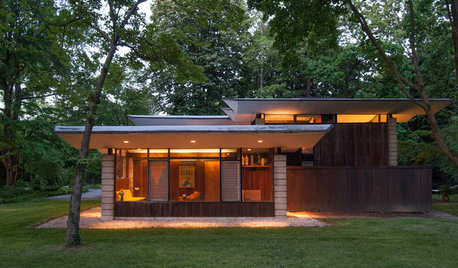
HEALTHY HOMEWhat's the Deal With Radon?
Get the facts on testing for this cancer-causing gas — and how to make your home safe if it shows up
Full Story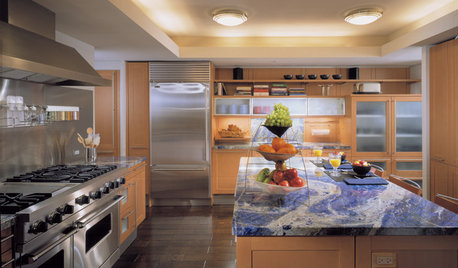
KITCHEN DESIGNAlternatives to Granite Countertops, Part II
Still looking for a new kind of countertop? Try sodalite, zinc, limestone, onyx and more
Full Story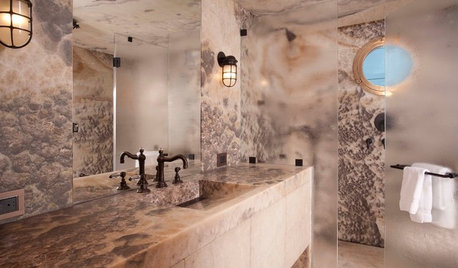
STONEGive In to Your Wild Side With Exotic Granite and Onyx
Go beyond the standard slab with these radiant and rare stones
Full Story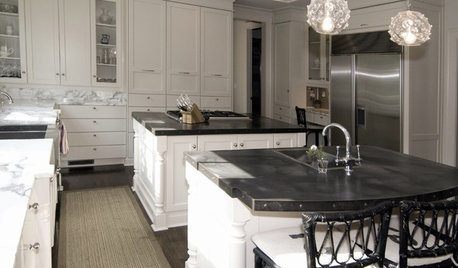
KITCHEN COUNTERTOPSKitchen Countertop Materials: 5 More Great Alternatives to Granite
Get a delightfully different look for your kitchen counters with lesser-known materials for a wide range of budgets
Full Story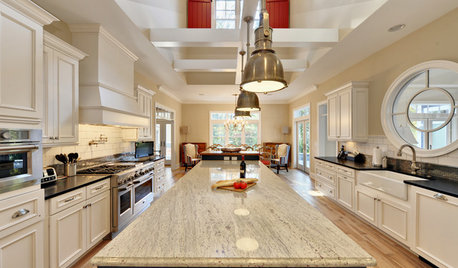
KITCHEN COUNTERTOPSKitchen Countertops: Granite for Incredible Longevity
This natural stone has been around for thousands of years, and it comes in myriad color options to match any kitchen
Full Story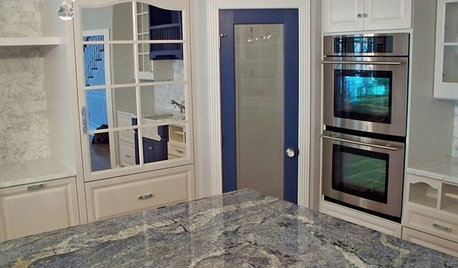
KITCHEN COUNTERTOPSKitchen Counters: Granite, Still a Go-to Surface Choice
Every slab of this natural stone is one of a kind — but there are things to watch for while you're admiring its unique beauty
Full Story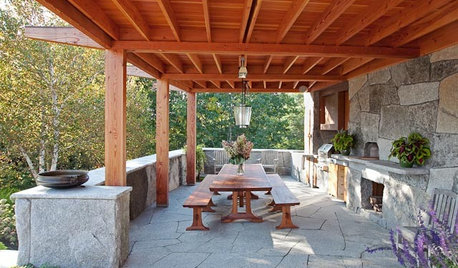
STONETuscan Travels Inspire a Granite Outdoor Kitchen in Maine
Serving up gourmet pizza and big views, this stone-laden cooking and entertaining space can cater to a crowd
Full Story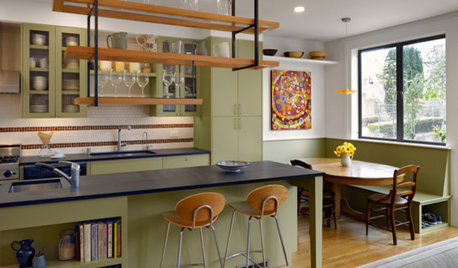
KITCHEN DESIGNAlternatives to Granite Countertops, Part III
9 more reasons to rethink the granite kitchen counter
Full Story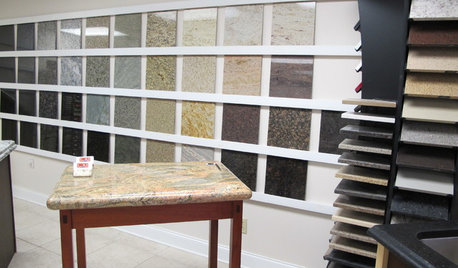
KITCHEN COUNTERTOPSWalk Through a Granite Countertop Installation — Showroom to Finish
Learn exactly what to expect during a granite installation and how to maximize your investment
Full Story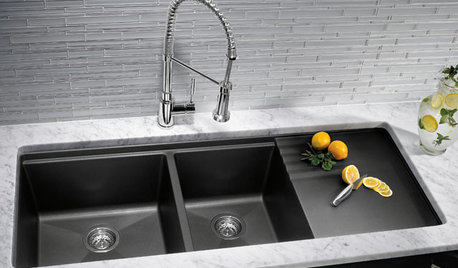
KITCHEN DESIGNKitchen Sinks: Granite Composite Offers Superior Durability
It beats out quartz composite for strength and scratch resistance. Could this kitchen sink material be right for you?
Full StoryMore Discussions







User